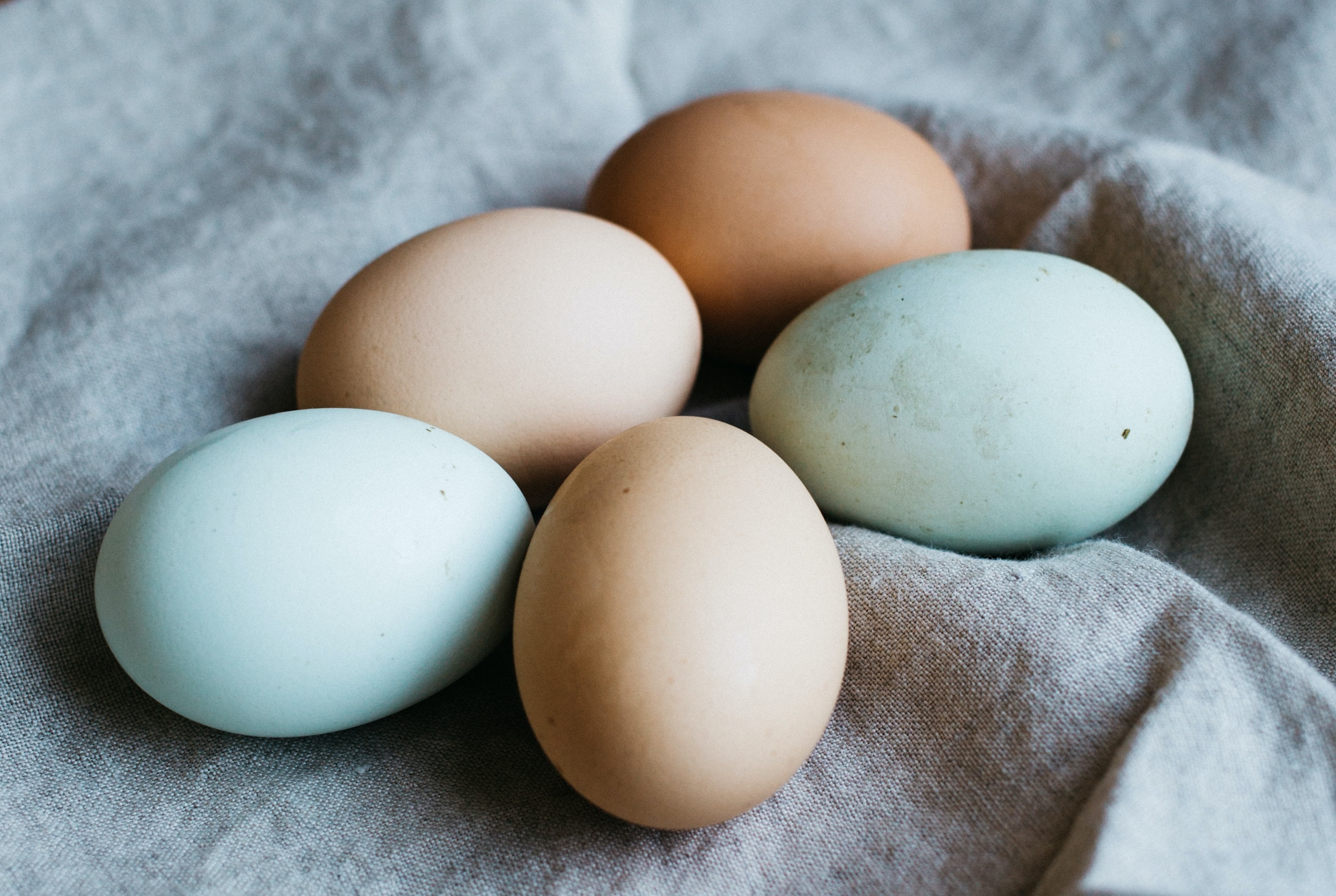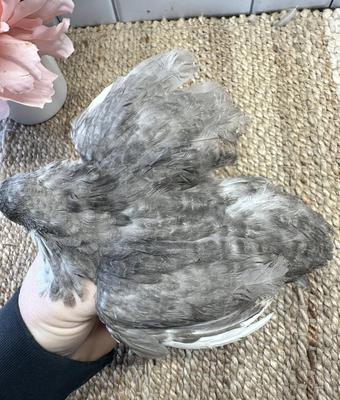How To Stop Snakes From Stealing Your Chicken Eggs

If you keep poultry, you will already know that keeping your flock safe from predators can be a challenge.
There are often a variety of wild animals that would be more than happy to make your chickens, or chickens’ eggs, their next meal.
While snakes don’t pose as much of a threat to adult chickens as a Coyote or Fox, they can still make a meal out of your chickens’ eggs. Thankfully, the best methods for keeping snakes from stealing your chickens’ eggs, is prevention!
These natural methods we’ve listed should keep both the snakes and your flock safe.
Just how many eggs can a snake actually eat and what can you do to keep them out of your coop? This article is sure to answer all your questions!
How Many Chicken Eggs Can A Snake Eat?
When it comes to chickens and their eggs, snakes do have a preference.
Adult chickens are often way too big for a snake to eat, and their eggs can be just as tough to swallow. Snakes usually prefer to feast on young chicks, which are the perfect size, and very easy to digest.
However, that doesn’t mean that your adult chickens and their eggs are entirely safe. Larger snakes like Rat Snakes can and will still try their luck with your flock. While they are still too small to eat an adult chicken, you may find a dead chicken with a damp head from where the snake attempted to swallow it whole. Eggs are much easier for these larger snakes to eat and they will swallow them whole given the opportunity. In one sitting, a larger snake may be able to eat one or two eggs, crush them once swallowed, and spit out any inedible pieces of shell.
Will Chickens Eat Snakes?
Anyone who keeps chickens long enough will soon learn that they are tenacious omnivores that will eat almost anything available to them. It may be surprising to learn but this actually includes snakes! While chickens will mainly focus on eating smaller snakes, like the occasional Garter Snake, they tend to avoid larger snakes. Larger species pose more of a risk and can even kill an adult chicken on occasion. That being said, if a hen believes her chicks are in danger, she can ferociously defend them against much larger wild snakes. In these cases, it may surprise you to learn that the chicken usually wins these battles. Snakes will almost always choose to avoid confrontation and retreat to scope out an easier meal.
Is It A Chicken Egg Or A Snake Egg?
Snakes and chickens actually have a lot in common. One important feature that they share is that they both lay eggs. While you will likely see a lot of chicken eggs in your lifetime, snake eggs are a lot less common to stumble upon. While all species of birds lay eggs, only around 70%-80% of snakes lay eggs, with the other 20%-30% giving some form of live birth. Instead of a nest, snakes choose to lay their eggs in small spaces like underneath a rock, in a burrow, or inside a log. Snake eggs may look similar to chicken eggs at first glance, but they are actually pretty different. Snake eggs are typically more oblong than chicken eggs, and they come stuck together in large clumps.
How Do I Get Rid Of Snakes Around My Chicken Coop?
Now that you know a little more about how snakes may affect your coop, it’s important to talk about how to keep your flock safe.
Since it is possible for a larger snake to snack on your chickens’ eggs, it is important to take the proper precautions. The best way to keep snakes from stealing your chickens’ eggs is to block their access to them.
Ensure you seal up all possible entrances to your coop that a snake may be using to get in.
This includes any hole that is larger than an inch or two. Blocking their entrances using a fine wire mesh will ensure snakes can’t find their way into your coop easily. You can also close all your chickens inside your coop at night, and make sure to check your coop regularly for any unwanted reptile guests.
You should also strive to keep your coop and the surrounding area clean.
Pick up any debris that the snakes could use as hiding spots, and make sure you are picking up excess chicken feed.
Any grains or food items that are left out can attract rodents, which in turn will lure snakes to your property. In order to keep your coop rodent-free, you should also store all feed properly in containers that rodents can’t break into.
Conclusion
Snakes are some of the most interesting reptiles on the planet, but that doesn’t mean you want them around your coop.
While it’s not their preferred diet, larger snakes can and will take every opportunity to eat and that includes your chickens’ eggs. Snakes aren’t usually a major risk to your flock as they will likely only eat 1-2 eggs per sitting, and its actually much more likely that your chicken will harm or kill a snake.
If you are experiencing issues with snakes eating your chickens’ eggs, preventing access is the key. Eliminating unwanted entry points, keeping your coop and pens clean, and getting rid of rodents are some of the easiest and most effective ways to ensure your coop stays snake-free.
What can we help you find? Search the website:
What's New Around Here?
-
WV - Coturnix Quail
Coturnix quail focusing on blue on every pattern, we also have a few blacks. We sell hatching eggs, chicks & adult birds. https://www.layintheshadefarm.org/ -
WV - SL Chocolate Orpingtons
SL Chocolate Orpingtons hatching eggs & chicks in beautiful WV Layinteshadefarm@gmail.com https://www.layintheshadefarm.org/ -
KY - Lavender Silver Laced Barnevelders
Beautiful Lavender Laced Barnevelder breeding stock. Very rare color. Almost a year old. Laying and breeding. Please contact for more details. eggapolis@gmail.com









